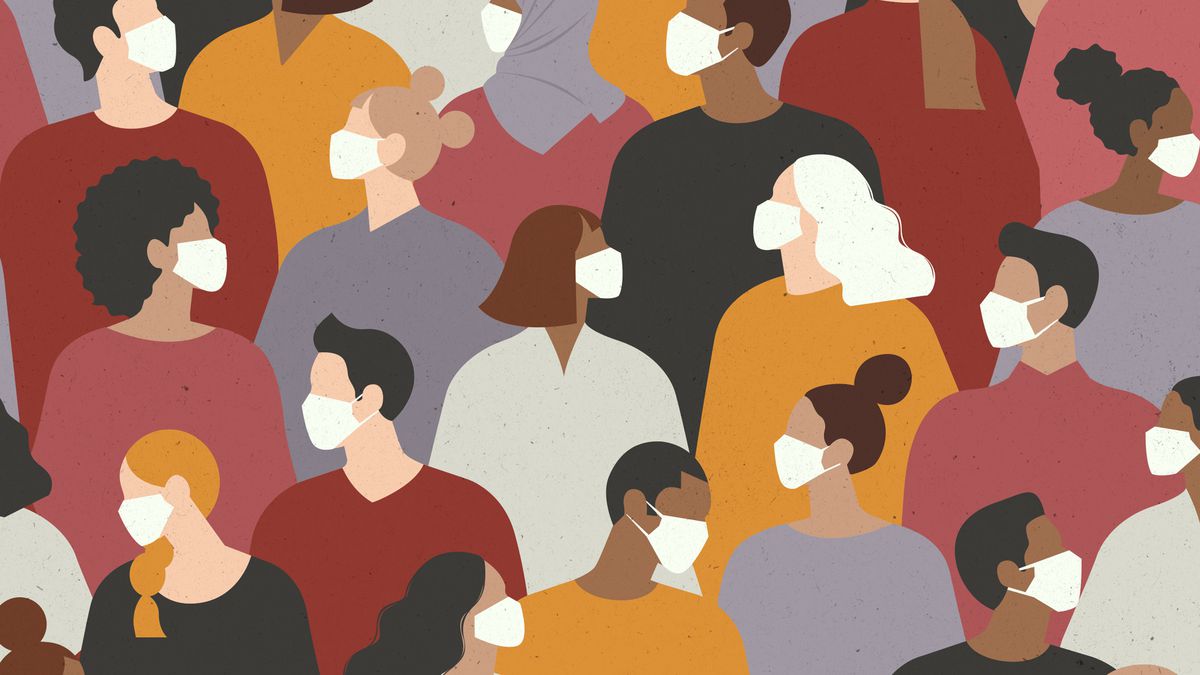The Montreal Student Initiative for COVID-19 Response and Relief, a McGill student-led mutual aid group that formed during the pandemic, shut down on Oct. 1. Along with delivering material goods, such as food and prescriptions, to people in need, the group also organized virtual social events to connect their communities. According to the former leaders of the organization, the group was forced to dissolve after their most significant donor withdrew funds and they lost access to their main distribution hub. However, as the various organizations referenced in the resource document shared in their final Facebook post show, mutual aid in Montreal continues. While many mutual aid organizations formed as a response to the pandemic, they could continue to play an important role in supporting vulnerable communities in the future. As Montreal faces various social issues, including a growing unhoused population and shaky job security for its residents, community-focused aid organizations must be maintained after the pandemic.
Mutual aid occurs when, in the face of a common issue, those who are more privileged within a community support those who are more vulnerable. This can take many forms, from simply donating cash with which to purchase basic human resources, to volunteering, and even to babysitting for working parents. Citizens are responsive to this sort of organizing; one Montreal mutual aid Facebook group has at least 17,000 members. The emphasis is not on serving for the sake of social status, but instead, on taking care of one’s communities through direct aid and outreach.
Despite the benefits that these organizations provide, many groups have formed specifically as a response to inequities exacerbated by COVID-19. It is important to emphasize that the work of these groups is necessary even after the pandemic, and ensure that they do not wither away or become dormant until the next crisis appears. As small, local, and personal forms of direct action, mutual aid organizations excel at supporting the communities that need them most in a way that charities often cannot due to shortages of staff or funds. Black communities in Canada and the United States have practiced mutual aid for a long time due to this reach.
Research suggests there is a reason that many mutual aid organizations are taking up much funding and media coverage during this crisis: People are more likely to donate when faced with a specific individual or group than they are when facing a more distant or less identifiable cause. So when one’s local community is in need, one is far more likely to give, especially in the face of something as impactful as a pandemic.
Montreal is currently facing unemployment issues alongside the COVID-19 pandemic. The Quebec unemployment rate remains twice as high as it was at the start of the year, and economists are warning that the economic impact will likely continue past the outbreak. Homelessness remains a significant issue, with half of the province’s unhoused population living in Montreal, including a disproportionate amount of Inuit.
Unlike the virus, turning one’s back to the community and simply staying isolated inside will not make these difficult situations disappear. But, mutual aid can help to blunt their impact, allowing Montreal communities to take care of their own. There is no doubt that some groups directly related to COVID-19, such as groups providing childcare for those in hospital, will not be necessary when the pandemic is gone. However, the spirit of solidarity that the virus has fostered cannot be allowed to dissipate as well. Mutual aid groups must stay active and local groups must remain engaged for the benefit of the less fortunate in Montreal.









Very insightfull view. Dare I say it is even based?
A very well researched, and thought-through article. Very thought provoking, with clear, concise facts.
Well done Rory Daly!